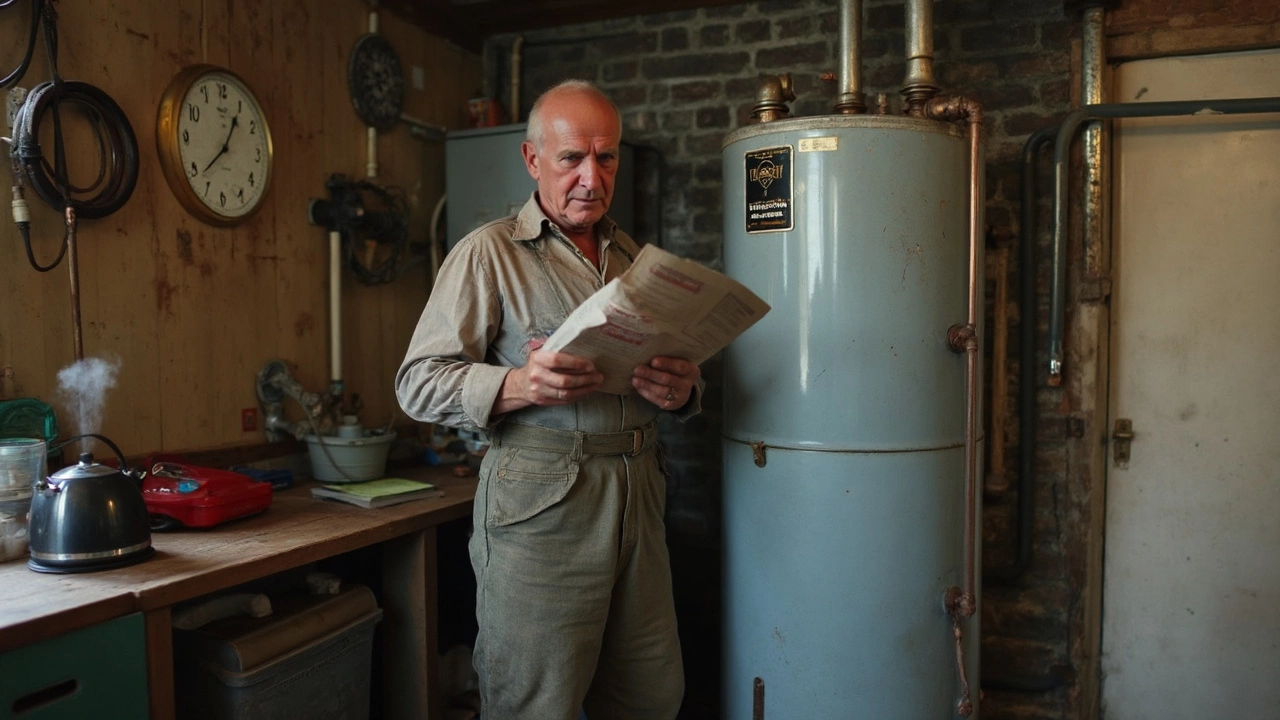Plumber Tips: Simple Tricks to Keep Your Home Pipes Happy
If you’ve ever dealt with a leaky tap or cold shower, you know plumbing can bite back. The good news? Most problems can be stopped early with a few easy habits. Below are the top tips you can start using right now without calling anyone.
Everyday Checks to Prevent Big Problems
First, give your fixtures a once‑a‑month glance. Look for drips, rust, or corroded fittings. A single drop a minute adds up to gallons of wasted water and a higher bill.
Next, keep the water heater in good shape. Every six months, pull the thermostat knob and set it to the highest safe temperature for about an hour. This “burn‑off” clears sediment that makes the tank noisy and less efficient. While you’re at it, check the pressure‑relief valve by lifting the test lever – you should see a small stream of water. If it doesn’t release, the valve might need replacement.
Boiler owners have a similar routine. Listen for any new clicks or whines. If the boiler trips the reset button often, the thermostat or pump is probably struggling. Clean the surface of the boiler and make sure the surrounding area stays clear of dust and debris.
When the weather turns cold, protect exposed pipes. Wrap them with foam sleeves or electrical tape. Let a slow trickle of water run through vulnerable sections – moving water is less likely to freeze.
Drain cleaning is another easy win. Instead of harsh chemicals, pour a cup of baking soda followed by a cup of vinegar down the drain. Let it fizz for 15 minutes, then flush with hot water. This clears grease and hair without damaging pipes.
When to Call a Pro
Even the savviest DIYer hits a wall. If you see water pooling around the base of a toilet, a foul smell, or the water pressure drops dramatically, it’s time to call a plumber. These signs often mean a hidden leak or a problem in the main line that needs professional tools.
Boiler or water‑heater noise that won’t stop after a sediment purge usually points to a failing component. An experienced technician can diagnose the exact part and replace it safely.
Finally, major pipe replacements should never be a solo job. Cutting into walls, handling gas lines, or working with high‑pressure systems can be dangerous without the right training.Keep these tips in mind, and you’ll spend less on emergency calls and enjoy a smoother, quieter home. A few minutes of regular attention goes a long way toward keeping your plumbing in top shape.
Remember: simple checks, quick fixes, and knowing when to call a pro are the three pillars of smart plumbing. Stay on top of them and you’ll avoid most nasty surprises.
How Long Should It Take to Replace a Hot Water Heater?
0 Comments
Wondering how long it takes to change out a broken water heater? This article breaks down average replacement times, what can slow things down, and smart tips to help you avoid surprises. You’ll find out what to expect if you go DIY versus hiring a pro, plus a few tricks to save time (and headaches) along the way. If you want hot water back fast, you’ll want the facts before you call anyone or grab your tools.
Read More